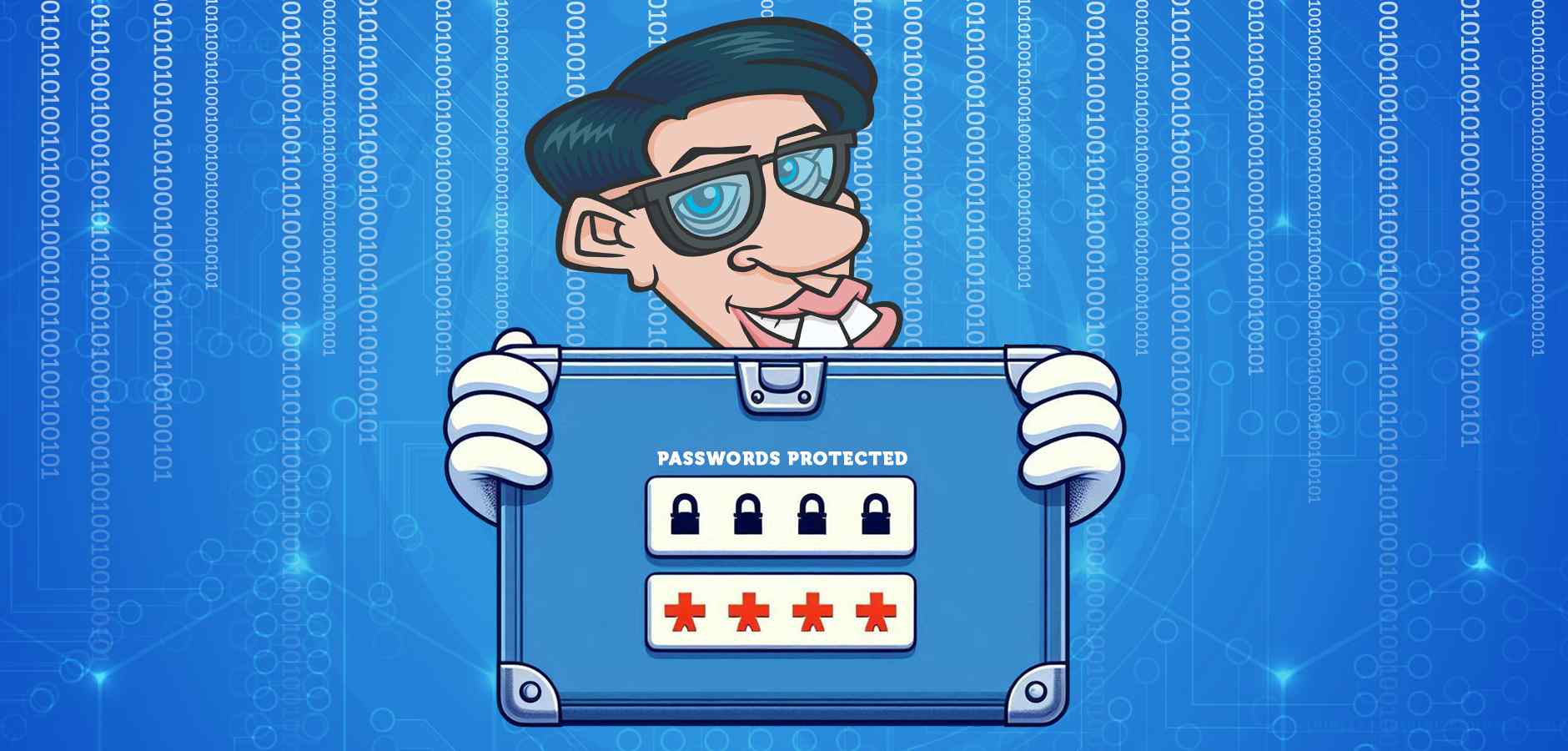In today’s digital age, cyber threats are more prevalent than ever. Did you know that a staggering 81% of data breaches are due to weak or stolen passwords? With hackers becoming more sophisticated, it’s crucial to ensure your passwords are as strong as a bull ant’s bite.
Storing Passwords
Strong passwords are the first line of defense for your online accounts. However, even a strong password is only as secure as the place where it’s stored. Your security tools and habits make all the difference.
Why It Matters
Using a plain file, like a document or spreadsheet, to store your passwords is like leaving the keys to the castle just inside the front door. Once a hacker is in, they’ve got access to everywhere else. Luckily, modern password managers are a convenient way to keep you safe.
Passwords.txt
In real-world attacks, hackers often search for documents and spreadsheets with passwords as one of their first steps. Using a text document, or any other unencrypted method to store your passwords, puts yourself and your company at risk. This could expose financial accounts, customer records, communications systems, and much more.
Password Managers
A password manager is an ultra-secure vault for all your online accounts. With a password manager, you only need to remember one very strong master password, and it takes care of the rest. It stores all your other passwords in an encrypted digital safe, making sure they’re safe from prying eyes and cyber attacks. Many password managers also offer unique password generators, taking the guesswork out of making new passwords.
Multi-factor Authentication
Multi-factor authentication (MFA) is like having extra locks on your digital doors, adding an extra layer of security beyond just your password. Even if a password is compromised and someone tries to break into your online accounts, they would still need another piece of information, like a special code generated in an app or a code that’s sent in a text to you.
Reverse Shells
Attackers frequently gain footholds using reverse shells that give them the ability to invisibly control computers. This allows them to rummage around for valuable data such as credentials and use whatever trusted connections the compromised computer has before taking next steps such as installing ransomware.
Password Reuse
All passwords can be stolen, even the strong ones. If you reuse a password across multiple online accounts and one account is compromised, hackers will try those passwords with other online accounts. Password managers make it easy to have unique passwords for each of your online accounts so if one is breached, the rest are still safe.
Insecure Secrets
Files like documents and spreadsheets are not a secure place to store passwords. Hackers often search for these files as soon as they get access to a device because it gives them access to more accounts without having to do more work.
Password Managers
A password manager uses strong encryption in a way that not even the maker of the software could access without your password. By using a password manager with a very strong password, you limit the potential damage to having a single device compromised.
We Are All Targets
A common misconception among business owners is that their business is too small for hackers to care about them. The truth is businesses of any size are vulnerable to cyber attacks.
Your Role
It’s important to remember that keeping your accounts safe is your responsibility. You should never store passwords in an unencrypted document. Password managers and multi-factor authentication are the tools you need to protect your online accounts.
Take the Quiz and Enjoy Exclusive Perks!
Are you a password pro? Take our quiz and find out! Plus, when you complete the quiz, you’ll unlock a freemium IT support subscription, or better yet, get a big discount on your password manager. It’s a win-win – you learn how to boost your password security and enjoy fantastic savings with Dorks Delivered.
So, what are you waiting for? Another password compromise? Go ahead and take the quiz now!





























